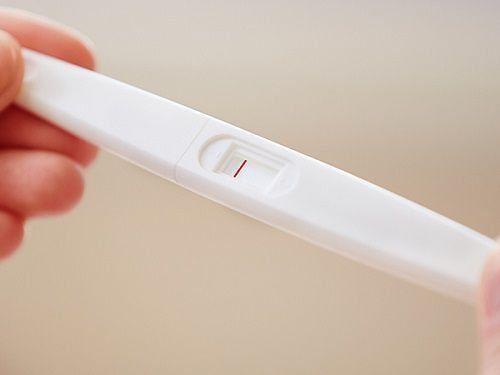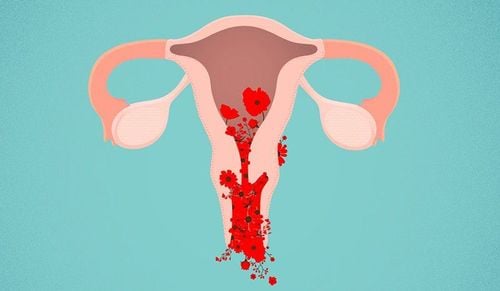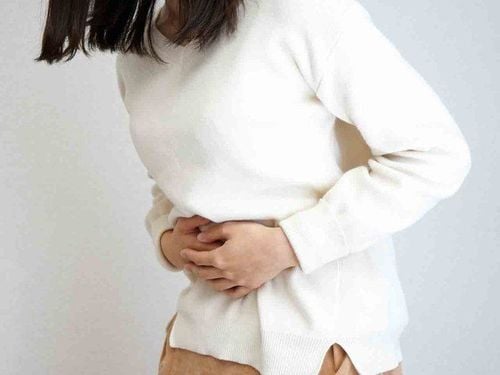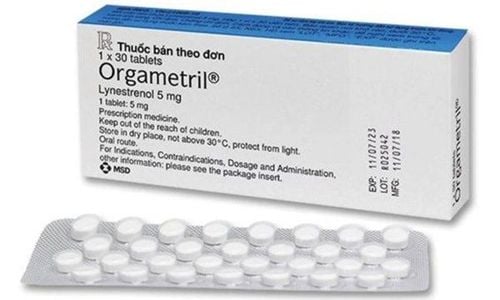Article reviewed by Obstetrics and Gynecology specialists at Vinmec Hai Phong International General Hospital.
Typically, if 35 days have passed since the start of your last period without menstruation, it is considered a late period. Late periods accompanied by lower abdominal pain could indicate an ectopic pregnancy, which requires prompt medical attention.
1. Understanding Late Periods and Lower Abdominal Pain
1.1. What is a Late Period?
A late period refers to an irregularity in the menstrual cycle where menstruation does not occur at the expected time. If 35 days have passed since the start of your last period and no menstruation has occurred, it is considered a late period. Missing three consecutive menstrual cycles is classified as amenorrhea.
1.2. Causes of Late Periods
Many people assume that late periods are a sign of pregnancy, but there are numerous other potential causes:
Pregnancy
The most common and predictable reason for a late period, especially if you have been sexually active, is pregnancy.
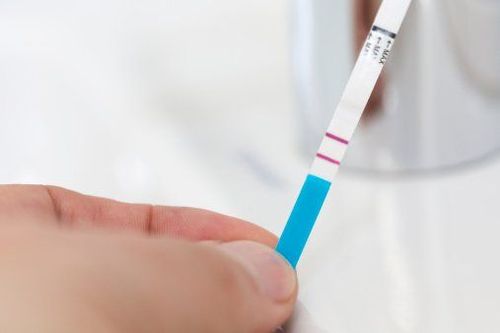
During a typical menstrual cycle, the endometrium or the uterine lining forms to prepare for implantation of a fertilized egg. If fertilization does not occur, the lining sheds, resulting in menstruation.
Conversely, if pregnancy occurs, the uterine lining continues to support the growing fetus throughout the pregnancy. A missed period could indicate pregnancy, and a home pregnancy test can confirm this.
Late periods accompanied by lower abdominal pain may signal an ectopic pregnancy, a dangerous condition that requires immediate medical attention.
Other Causes of Late Periods and Lower Abdominal Pain
If you are not pregnant, other potential causes include:
- Gynecological diseases: Fibroids, cervical ectropion (cervical erosion), ovarian cysts, ovarian insufficiency (ovaries stop working properly before the age of 40), or ovarian inflammation. Symptoms may include clotted or foul-smelling menstrual blood, abnormal discharge, or persistent lower abdominal pain.
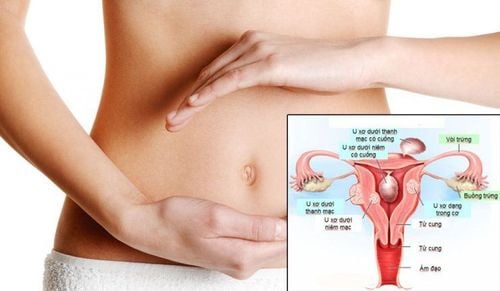
- Hormonal imbalances: Issues with the hypothalamus (a brain part that regulates essential body functions), pituitary gland, or ovaries may disrupt hormone regulation, leading to menstrual irregularities.
- Sudden weight changes: Significant weight gain or loss affects estrogen production, disrupting the uterine lining and delaying menstruation.
- Stress or lifestyle factors: Excessive work, or irregular sleeping and eating patterns can cause menstrual irregularities.
- Medication side effects: Medications like antidepressants, hormone therapy drugs, sedatives, chemotherapy agents, or birth control pills can delay menstruation.
- Other factors such as stimulant use (alcohol, tobacco), early menopause, or chronic illnesses may also contribute to delayed periods.
2. Lower Abdominal Pain – A Symptom of Various Serious Conditions
The lower abdomen contains critical organs, including the colon, appendix, ureters, pelvis, uterus (in women), and prostate (in men). Pain in this area can indicate issues in any of these organs.
Right and left iliac fossa pain is a sign of conditions like colitis (inflammation of the colon), rectal or colon polyps, kidney stones, or bladder stones. For women, it may suggest pelvic inflammatory disease, ovarian cyst torsion, ectopic pregnancy, or menstrual cramps.
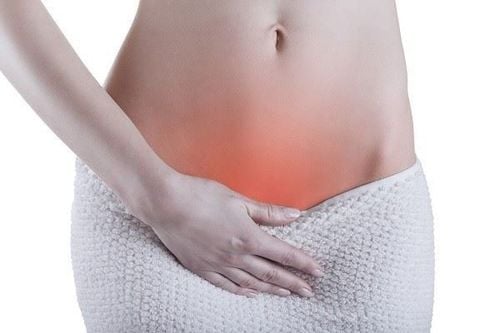
These conditions may also present with other symptoms, such as fever, frequent or painful urination, cloudy urine (in bladder infections), or painful urination (in prostate enlargement in men).
Some conditions, such as appendicitis, ovarian cyst torsion, or ectopic pregnancy, are medical emergencies. If untreated, they can lead to severe complications or even death.
Prompt identification of any health condition, especially gynecological disorders, significantly improves treatment outcomes and reduces the risk of complications. If you experience late periods and lower abdominal pain, seek medical attention immediately to ensure your health and well-being.
To arrange an appointment, please call HOTLINE or make your reservation directly HERE. You may also download the MyVinmec app to schedule appointments faster and manage your reservations more conveniently.






